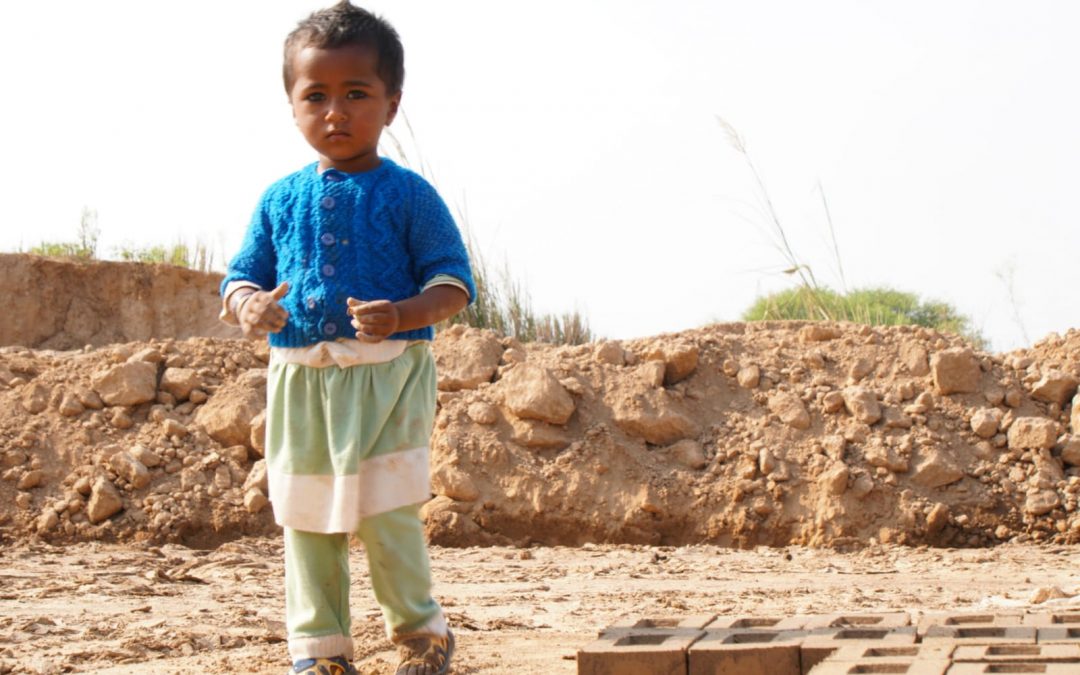Pakistan’s kiln works industry is a multi-billion dollar industry, but it is also one that is plagued by child slavery and forced labor. According to a 2021 report by the International Labour Organization (ILO), there are an estimated 250,000 children working in Pakistan’s brick kilns, many of whom are forced to work long hours in dangerous and unhealthy conditions.
The ILO report also found that the majority of workers in Pakistan’s brick kilns are bonded labour, meaning that they are forced to work to repay debts that they or their families have incurred. These debts are often passed down from generation to generation, trapping families in a cycle of poverty and servitude.
The conditions in Pakistan’s brick kilns are often horrific. Workers are exposed to extreme heat, dust, and fumes, and they often work without basic safety equipment. As a result, accidents are common, and many workers suffer from serious health problems, including respiratory infections, skin diseases, and heatstroke.
Children who are forced to work in brick kilns are particularly vulnerable. They are often exposed to the same hazardous conditions as adults, but they are also more likely to be physically and sexually abused. Many child laborers in brick kilns are also malnourished and deprived of an education.
The Pakistani government has taken some steps to address the problem of child slavery and forced labor in the brick kiln industry. In 2015, the government passed the Brick Kilns Act, which prohibits the employment of children under the age of 18 in brick kilns. The law also requires brick kiln owners to provide workers with basic amenities such as housing, clean water, and medical care.
However, the Brick Kilns Act has been poorly enforced. A 2019 report by the Human Rights Commission of Pakistan found that the government had failed to properly implement the law, and that child slavery and forced labor remained widespread in the brick kiln industry.
The Pakistani government must do more to protect the rights of workers in the brick kiln industry. The government should vigorously enforce the Brick Kilns Act and hold brick kiln owners accountable for violating the law. The government should also provide more support to victims of child slavery and forced labor, including access to education and healthcare.
Statistics:
- According to the ILO, there are an estimated 250,000 children working in Pakistan’s brick kilns.
- The majority of workers in Pakistan’s brick kilns are bonded laborers, meaning that they are forced to work to repay debts.
- The ILO estimates that the brick kiln industry in Pakistan is worth $2.5 billion.
- The brick kiln industry is estimated to employ over 1 million people in Pakistan.
- Child laborers in Pakistan’s brick kilns are often exposed to hazardous conditions, including extreme heat, dust, and fumes.
- Many child laborers in brick kilns are also malnourished and deprived of an education.
Conclusion
Pakistan’s kiln works industry is a stain on the nation’s conscience. The government must do more to protect the rights of workers in the brick kiln industry and to end the practice of child slavery and forced labor.





